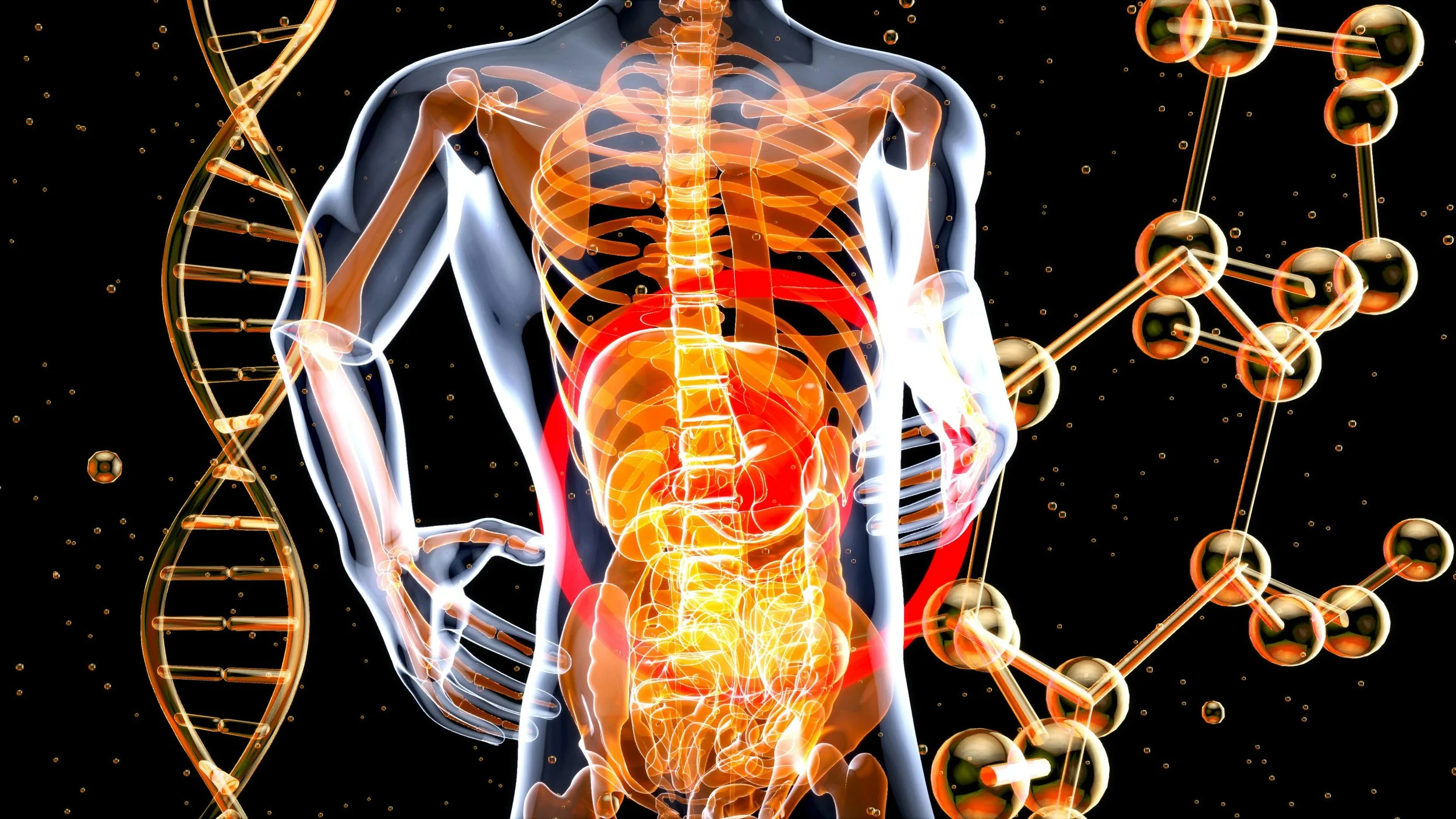How a Healthy Diet Also Helps the Brain
Too much junk food can impair memory. The good news is, that intermittent fasting or dietary changes can reverse the effects. Photo: Jason Briscoe
Poor nutrition doesn't just affect our weight, well-being, or sleep—it also impacts the brain. Researchers at the UNC School of Medicine have discovered this connection and published their findings in the journal Neuron. Just four days of eating junk food is enough to measurably impair memory.
The underlying mechanism involves the brain's need for glucose as an energy source. However, excessive fat, fast food, and sugar block the uptake of glucose. The enzyme responsible for this is PKM2, which plays a key role in sugar metabolism. This molecular switch determines whether sugar is converted into energy for the brain.
A high-fat, high-sugar diet dysregulates this switch. Energy production decreases while stress signals increase. Specific nerve cells in the memory center become overactive, resulting in impaired memory processing—even before weight gain or other visible consequences of junk food consumption appear.
Over an extended period, this can actually damage nerve cells. The risk of dementia and Alzheimer's disease increases with persistent junk food consumption. The good news, however, is that these effects are reversible: the brain can recover if corrective measures are taken in time.
Intermittent Fasting and Dietary Changes Help the Brain
In their study, researchers tested various interventions, including intermittent fasting and dietary modifications. Both approaches restored adequate glucose supply to the brain, and the overactive cells returned to normal activity levels.
A healthier diet benefits both body and brain. This is further supported by a recent study on the Mediterranean diet published in Nature Medicine. This dietary pattern stabilizes blood sugar, reduces inflammation, and provides healthy fats—all factors that influence the PKM2 switch and energy balance in the brain. The Nature Medicine study also demonstrated a lower risk of dementia and cognitive decline.
While intermittent fasting remains controversial for weight management, it showed promising results in the UNC study. Fasting periods following junk food phases calmed brain activity and restored glucose access, normalizing memory performance. Earlier studies in mice and preliminary human research have pointed in the same direction.
If you've overindulged in fast food during the holidays or another life phase, fasting can help your brain recover. This could involve the 16:8 method (fasting for 16 hours while drinking only water, black coffee, or tea), or incorporating two fasting days per week with minimal caloric intake. However, what you eat outside the fasting windows remains critical.
Olive Oil: A Key Component of the Mediterranean Diet
Long-term protection comes from maintaining a healthy diet. The Mediterranean diet has proven particularly effective across numerous studies. At its core, it emphasizes abundant and varied consumption of vegetables, fruits, legumes, and whole grains. Olive oil serves as the primary fat source for cooking and is even recommended as a butter substitute on bread. Nuts and seeds should also be eaten regularly.
Unlike the Western diet, red meat consumption is minimal. Instead, fish is a regular staple. Dairy products like cheese and yogurt, along with chicken and eggs, are consumed daily in moderate amounts. Sugary drinks, fruit juices, and sweets should be avoided as much as possible.
The Mediterranean diet benefits not only the brain but also the heart and other organs. Even sleep quality improves. If you're feeling sluggish, forgetful, exhausted, or restless, listen to your body. Among other interventions, a dietary change may be worthwhile.
That said, enjoyment is important and part of a balanced life. If you generally eat healthily, you can occasionally indulge in a rich dessert, some fast food, or other treats without concern. And thanks to the UNC study, we now know that if you overdo it during the holidays, you can reverse the negative effects through fasting or a Mediterranean diet reset.
Sources
Neuron / UNC-Studie: Targeting glucose-inhibited hippocampal CCK interneurons prevents cognitive impairment in diet-induced obesity
Nature Medicine: Interplay of genetic predisposition, plasma metabolome and Mediterranean diet in dementia risk and cognitive function
NEJM: Effects of Intermittent Fasting on Health, Aging, and Disease
BMC Medicine: Effects of different types of intermittent fasting on metabolic outcomes: an umbrella review and network meta-analysis
Scientific Reports: The long-term neuroprotective effect of MIND and Mediterranean diet on patients with Alzheimer’s disease
Harvard Health: A practical guide to the Mediterranean diet
Get your weekly dose of good news every Wednesday morning. We'll send you all the new Happy Spot articles with quick summaries, along with the week's top headlines featuring good news worth reading.
TRENDING ARTICLES












